Lucid Gravity, Karma EVs, Camry Hybrid AWD, Forester Hybrid, Mercedes charging: The Week in Reverse

Which EV holds onto more of its range in the cold?
And drivers of EVs from which vehicle maker appeared to “brick” their EVs?
This is our look back at the Week In Reverse—right here at City Dwellers—for the week ending November 17, 2023.
Just ahead of the LA auto show, Toyota revealed a redesigned ninth-generation Camry, and it’s taking the bestselling car in the U.S. all-hybrid. The 2025 Toyota Camry hybrid also gets the combination of available all-wheel drive with the hybrid system for the first time. And Toyota is slicing up the roomy crossover SUV market even more with the introduction of the 2025 Toyota Crown Signia. Offered also only with all-wheel drive and in hybrid form, and slightly more on the carlike side in layout versus the Highlander SUV, the Signia is expected to achieve a 36-mpg rating.
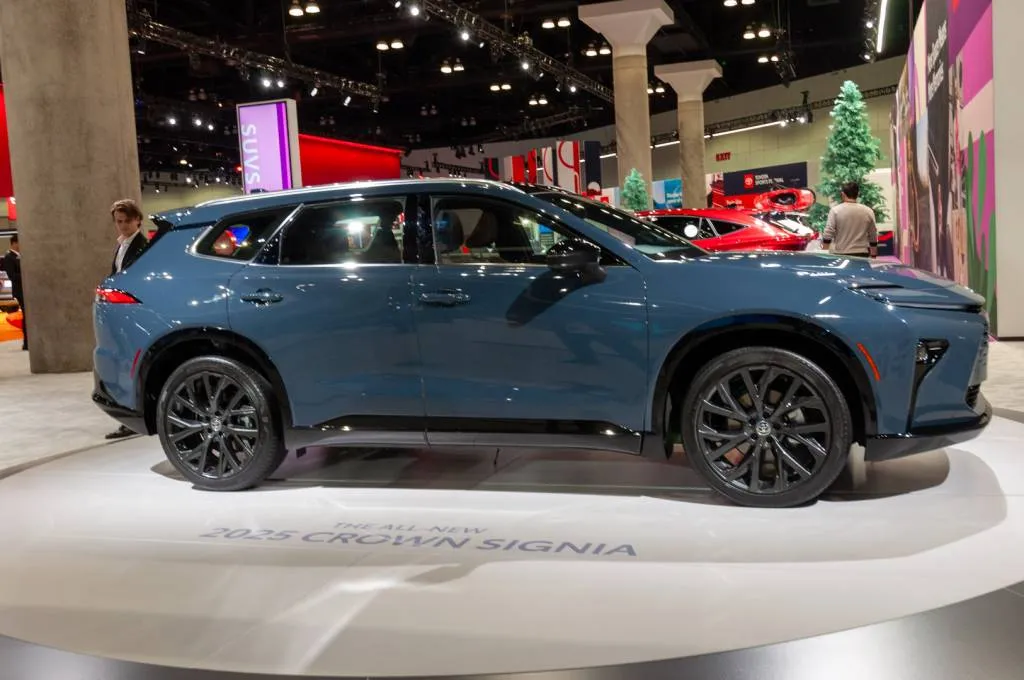
2025 Toyota Crown Signia
The 2025 Lucid Gravity electric SUV made an official bow at the LA show this week, with three roomy rows of seating, an aerodynamic shape, and a projected 440 miles of range. Lucid has evolved its interface, updated its efficiency-focused powertrain, and added an adaptive air suspension, all helping permit off-roading as well as a 6,000-pound tow rating.
Subaru also revealed its redesigned 2025 Subaru Forester at the show, and it confirmed that a Subaru Forester Hybrid will follow the other models by about a year.
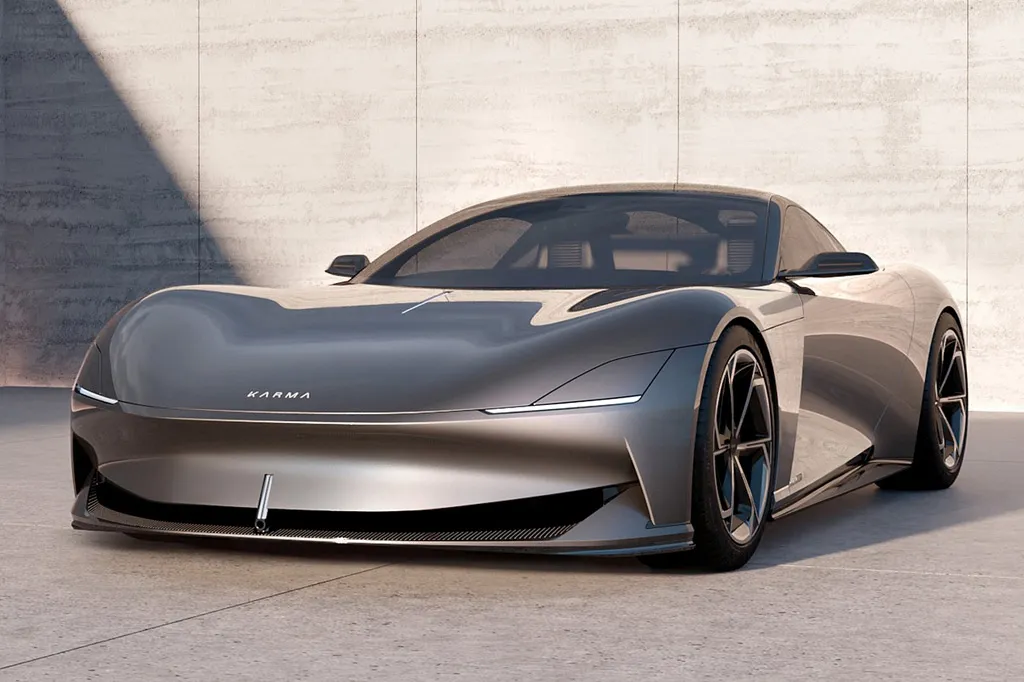
Karma Kaveya concept
Karma on Monday revealed plans for two upcoming Karma EVs, including a scissor-door sports car that won’t arrive until 2026 and an electric sedan due in 2024. It hasn’t yet detailed the future of the GS-6 (Revero) or that model’s plug-in series hybrid powertrain.
Mercedes-Benz unveiled the first charging station of its network that it claims will be the fastest in the U.S. It also represents a template for future stations on the network, many of which will be at Buc-ee’s travel centers.

Mercedes-Benz EV Charging Hub in Sandy Springs, Georgia
A Rivian over-the-air software blunder earlier in the week could serve as a lesson for other brands as well as the electric truck brand’s own releases. Infotainment systems on some Rivian R1S and R1T trucks were effectively bricked, although the trucks did still function. Fortunately it put the kibosh on the rollout before more than 3% got the update.
Hyundai announced a dedicated EV plant in Ulsan, South Korea, that will be capable of building up to 200,000 EVs annually. Further, according to a report citing a plant executive, one of the models set to be built at the flagship plant will be a flagship EV—a big Genesis GV90 electric SUV, due in 2026.
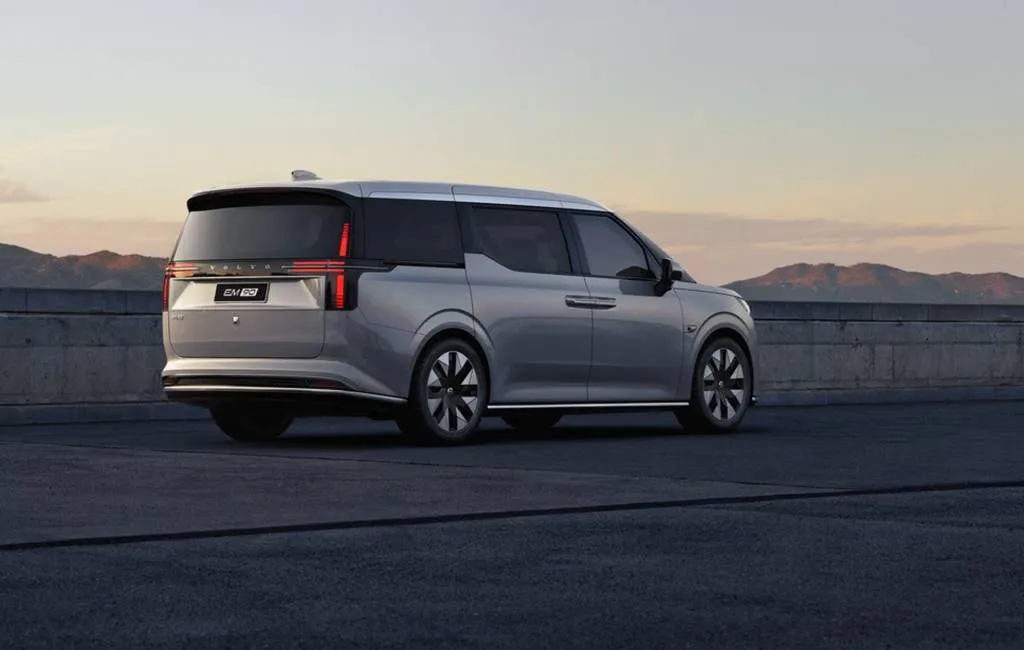
2024 Volvo EM90
With the full reveal of the Volvo EM90 electric minivan this past weekend—for now only positioned for China—Volvo is offering what might be its most luxurious interior ever. It’s also road-trip ready, with an even larger battery pack than the Swedish automaker uses for its EX90 SUV.
In a strange twist of globalism, likely amplified by Biden EV policy, the U.S.-bound Polestar 4 will be built in South Korea, at a Renault plant, under a contract manufacturing arrangement. The move, of a Swedish-headquartered brand controlled by a Chinese conglomerate, serves as a workaround to bypass an import tariff applied to vehicles made in China.
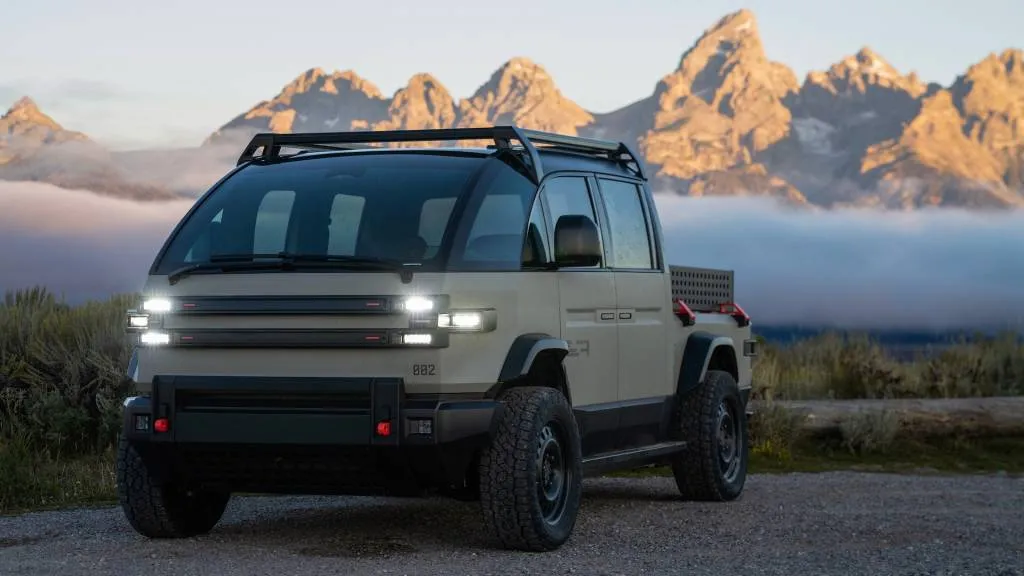
Canoo American Bulldog
Canoo last week spun its Light Tactical Vehicle submitted to the U.S. Army into a civilian-oriented American Bulldog electric pickup. While offering many of the same features as the proposed military version—minus the Kevlar shielding, perhaps—the special build of this electric truck could stoke interest as Canoo still works toward solvency and production.
And Tesla might have installed the wrong airbag when Model S or Model X owners switched from yoke to steering wheel, or vice versa. The steering yoke, which was at one point the default when these models got a refresh, has shifted to become a $1,000 option.
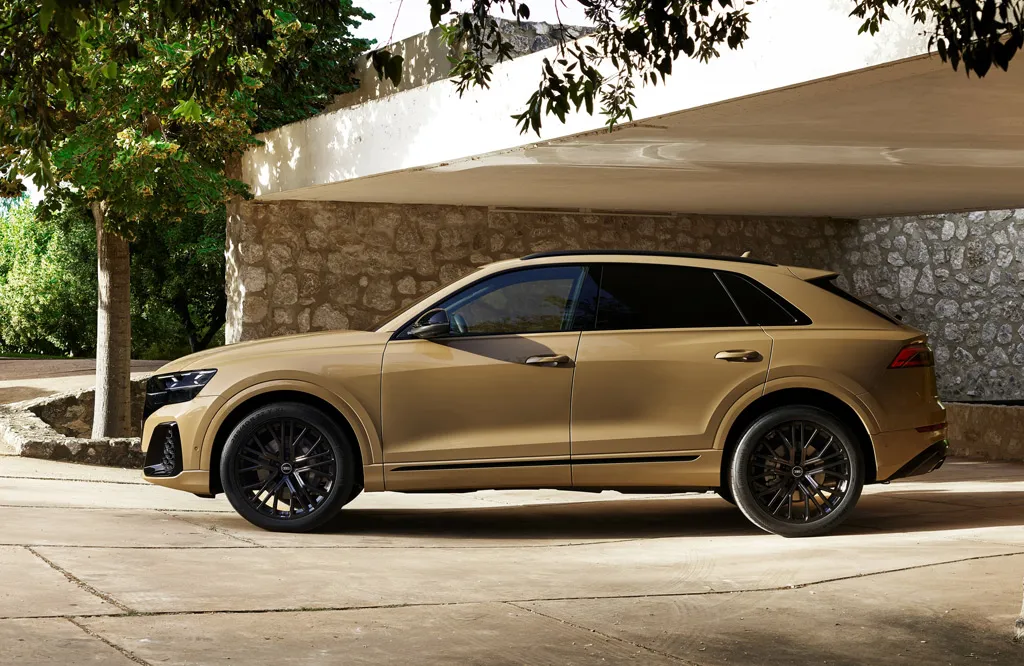
2024 Audi Q8
Which EVs preserve their cold-weather driving range the best? The battery health experts at Recurrent recently tapped into real-world data to see, and the Audi E-Tron SUV (now Q8 E-Tron) and models with heat pumps came out on top.
Toyota is partnering with JB Straubel’s Redwood Materials to go full circle with Toyota batteries. Under the plan, Redwood will capture recycled material from retired Prius hybrids, then use that material for future Toyota EV packs—covering what Redwood calls the most critical battery components that are currently making up most of the cost of the battery cell and otherwise typical from overseas.
According to a recent poll from Ipsos, claiming to draw from a “nationally representative probability sample,” most Americans remain unlikely to buy an EV as their next vehicle. But it also found that a slim majority of Americans support government incentives for those who do want to go electric.
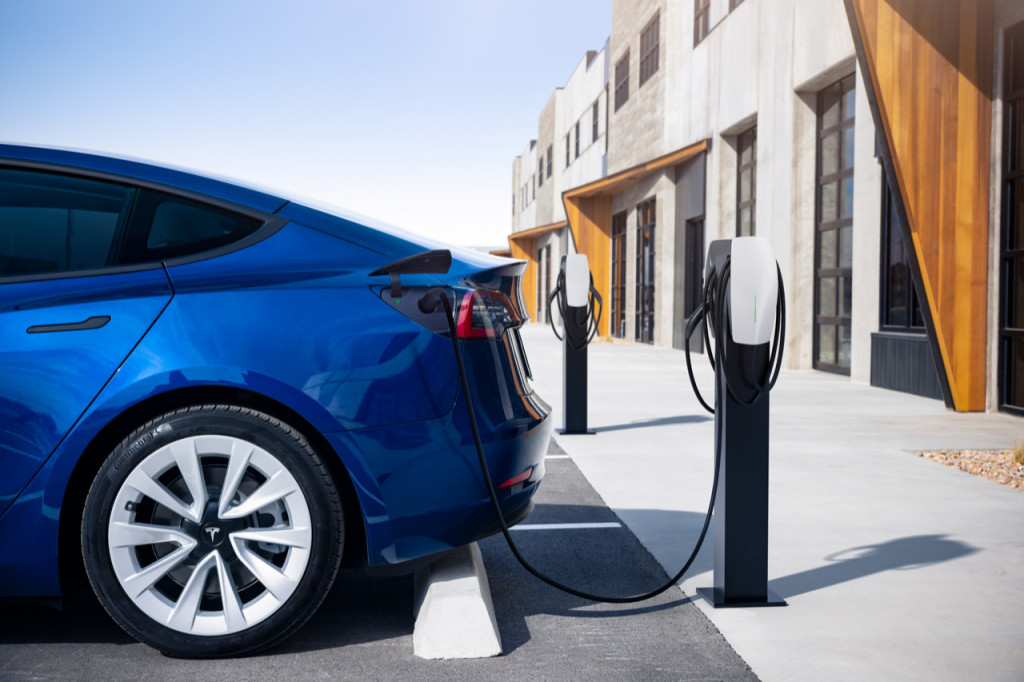
Tesla charging
A great many factors are used in estimating Tesla range for navigation and trip planning, according to a post from the EV maker this week. Although that and the reliability of the Supercharger network remain Tesla strengths, the automaker remains less straightforward about how its EVs’ own range estimates are calculated.
And according to a new study, EV owners aren’t driving as much as those with gasoline vehicles—and that’s a problem, partly because most models looking at EV advantages assume they’ll be used about as much. Meanwhile, gasoline “superusers” continue to choose the way of easy refueling, while many with long-range EVs and big, resource-intensive packs aren’t using them to their potential.
_______________________________________
Follow City Dwellers on Facebook and Twitter